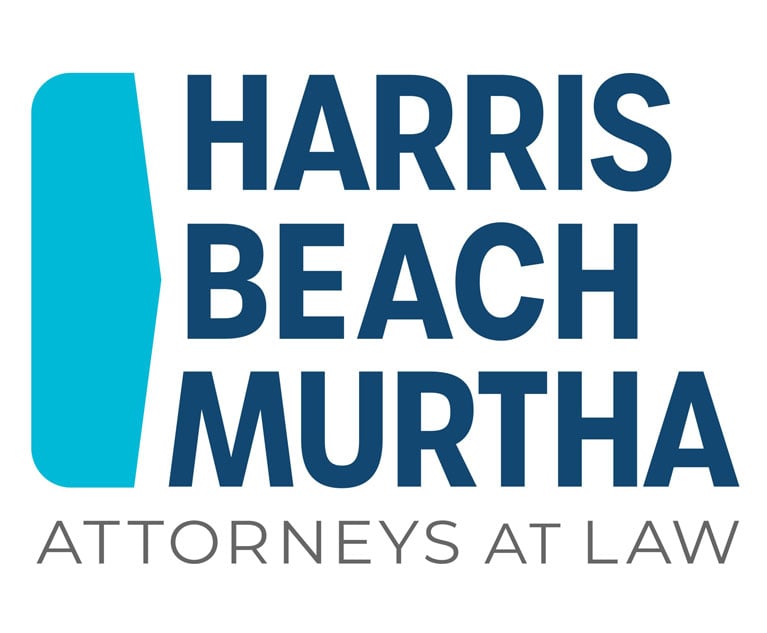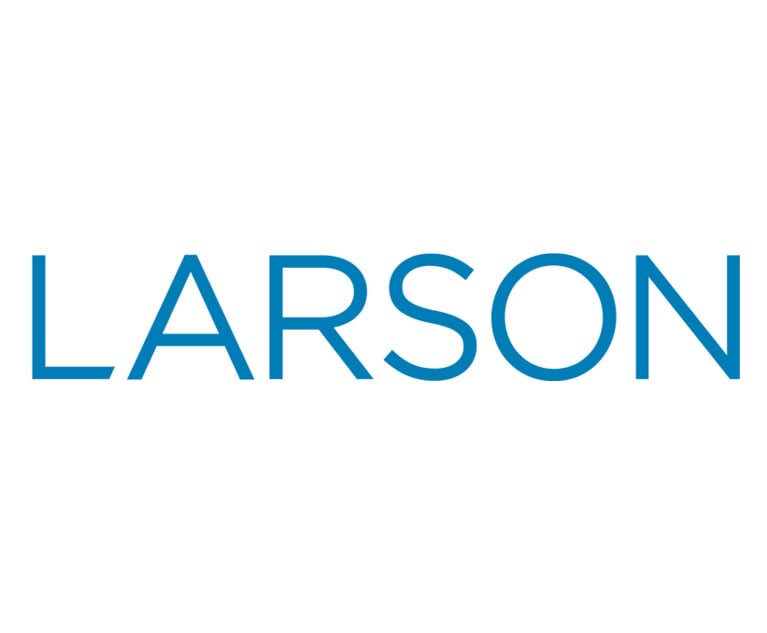Addressing the challenges of multilingual document review
The need to manage the review of documents in multiple languages is an ever-increasing challenge for law firms and corporate legal departments
January 17, 2018 at 04:38 PM
6 minute read
The original version of this story was published on Law.com
 The need to manage the review of documents in multiple languages is an ever-increasing challenge for law firms and corporate legal departments. Data volumes continue to grow and data sets are increasingly complex as corporations conduct their business and communications in multiple languages. Unsurprisingly, Markets and Markets estimates the E-Discovery market to grow from USD 7.89 Billion in 2016 to USD 22.62 Billion by 2021.
The need to manage the review of documents in multiple languages is an ever-increasing challenge for law firms and corporate legal departments. Data volumes continue to grow and data sets are increasingly complex as corporations conduct their business and communications in multiple languages. Unsurprisingly, Markets and Markets estimates the E-Discovery market to grow from USD 7.89 Billion in 2016 to USD 22.62 Billion by 2021.
Legal practitioners face a number of challenges with multilingual data sets, initially in extracting, centralising and processing multilingual data for review. And, although analytics and predictive coding technologies are language-agnostic, it can be a challenge to manage search and review workflows across multiple language sets without expert guidance. Managing foreign-language document review must also encompass a recognition that individual documents may fall under the remit of different privacy jurisdictions and their accompanying regulations.
 There are a number of steps that legal professionals can take to address the challenges of multilingual document review:
There are a number of steps that legal professionals can take to address the challenges of multilingual document review:
1. Use technology to identify the languages contained within a data set and the documents that will require foreign language review. Processing and analytics tools can identify primary and secondary languages present within a document by analysing the text of the document for qualities such as the spelling of words, the character set, and the presence or absence of accent marks. For example, technology can identify that a document is 80% German and 20% English. The breakdown in percentages assigned to the identified languages is generally a good indicator of the language skills needed to review the document.
Run a tally on the number of documents identified for each language above a certain percentage to budget for and staff the review appropriately to meet review deadlines. Locating foreign language reviewers, especially if licensed attorneys are required, can be a challenge and can potentially affect timeframes and budgets. In the US, for example, Spanish-speaking reviewers are typically more available and affordable than other languages less commonly found in the US, such as Russian or Japanese
2. Use analytics to intelligently organise and batch documents for review. Use the language identification results to separate documents by language, batch documents by each language, and assign to native speakers. Use textual near duplicate identification to organise textually similar documents together for review. This technology is effective regardless of language(s) present in the text. You can also use email threading to organise emails and attachments for review. Because most technology used to determine whether a document is an email is English-centric, there can be limitations on how accurate or complete the email threading results will be when there are foreign languages present in email headers (To, From, CC, Subject). Know your data set and your client's corporate email practices. So long as email headers are in English or the Microsoft Conversation index number generated by Microsoft Exchange is reliable, threading should work even if the body of the email is in a different language. These technologies continue to develop and there are now email threading tools available that work across French, German, and Chinese email headers.
3. Carry out an internal review to identify in-house language skills. A combination of expertise relating to internal workflows and document review processes and language skills is key. It is a good idea to identify senior attorneys who have foreign language skills alongside their in-depth legal knowledge and who could act as team leaders when it comes to implementing multilingual eDiscovery managed review projects. Language skills assessment must be in accordance with recognised, consistent standards – conversational language skills are not enough when it comes to professional legal review.
4. Engage appropriate external support. It is unlikely that most law firms and legal departments will have all the in-house resources they need to address the challenge of multilingual document review. At the very least, it would be necessary to get external validation that any new workflow processes put in place to address multilingual document review meet compliance and regulatory standards, such as those around data and privacy. It is a major challenge to meet all obligations across multiple jurisdictions and the best approach may be to look for guidance from a consultative partner so that the firm can show that it has acted in good faith to address all the requirements as far as possible. It is important to set aside a realistic budget for working with a partner with multilingual skills and a global perspective.
5. Enlist native speakers to assist with developing multilingual keyword search syntax. Key word search, particularly relating to clauses and phrases rather than single words, is a critical component of any document review solution. However, many words do not mean the same thing in different contexts, nor will they all translate like for like. Google Translate is great when traveling abroad on holiday, but is not a viable solution for a high stakes legal review. Only native speakers will have the linguistic insight required to ensure that search terms in a specific language are correct.
6. Use concept searching. Conceptual analytics technology is language independent. This mathematically based technology can learn and define the concepts, "language", and relationships present in a data set entirely based on the contents of the documents used to build the concept space. As a result, you can run concept searches crafted in English (or any other supported language) to search across a multilingual dataset to locate conceptually similar documents, regardless of what language is present in the text.
A review process fit for the global stage
Managed review projects can prove challenging and, if legal practitioners do not address all the aspects of a multilingual and multijurisdictional case review effectively at the onset, the issues will snowball and the associated workload will grow. Equally, the associated costs and time involved will increase. To reduce these risks, it is important for law firms and legal departments to seek guidance from a reputable service provider experienced in multilingual and multijurisdictional reviews. Smart planning will set your review up for success from the start.
About the authors
Based in Ireland, Niamh O'Brien is a qualified barrister and senior review consultant at NightOwl Discovery. Contact [email protected]. Kelly Atherton is senior analytics and review manager at NightOwl Discovery. She is also licensed to practice law in the State of Minnesota. Contact [email protected].
NOT FOR REPRINT
© 2025 ALM Global, LLC, All Rights Reserved. Request academic re-use from www.copyright.com. All other uses, submit a request to [email protected]. For more information visit Asset & Logo Licensing.
You Might Like
View All


Trending Stories
Who Got The Work
Michael G. Bongiorno, Andrew Scott Dulberg and Elizabeth E. Driscoll from Wilmer Cutler Pickering Hale and Dorr have stepped in to represent Symbotic Inc., an A.I.-enabled technology platform that focuses on increasing supply chain efficiency, and other defendants in a pending shareholder derivative lawsuit. The case, filed Oct. 2 in Massachusetts District Court by the Brown Law Firm on behalf of Stephen Austen, accuses certain officers and directors of misleading investors in regard to Symbotic's potential for margin growth by failing to disclose that the company was not equipped to timely deploy its systems or manage expenses through project delays. The case, assigned to U.S. District Judge Nathaniel M. Gorton, is 1:24-cv-12522, Austen v. Cohen et al.
Who Got The Work
Edmund Polubinski and Marie Killmond of Davis Polk & Wardwell have entered appearances for data platform software development company MongoDB and other defendants in a pending shareholder derivative lawsuit. The action, filed Oct. 7 in New York Southern District Court by the Brown Law Firm, accuses the company's directors and/or officers of falsely expressing confidence in the company’s restructuring of its sales incentive plan and downplaying the severity of decreases in its upfront commitments. The case is 1:24-cv-07594, Roy v. Ittycheria et al.
Who Got The Work
Amy O. Bruchs and Kurt F. Ellison of Michael Best & Friedrich have entered appearances for Epic Systems Corp. in a pending employment discrimination lawsuit. The suit was filed Sept. 7 in Wisconsin Western District Court by Levine Eisberner LLC and Siri & Glimstad on behalf of a project manager who claims that he was wrongfully terminated after applying for a religious exemption to the defendant's COVID-19 vaccine mandate. The case, assigned to U.S. Magistrate Judge Anita Marie Boor, is 3:24-cv-00630, Secker, Nathan v. Epic Systems Corporation.
Who Got The Work
David X. Sullivan, Thomas J. Finn and Gregory A. Hall from McCarter & English have entered appearances for Sunrun Installation Services in a pending civil rights lawsuit. The complaint was filed Sept. 4 in Connecticut District Court by attorney Robert M. Berke on behalf of former employee George Edward Steins, who was arrested and charged with employing an unregistered home improvement salesperson. The complaint alleges that had Sunrun informed the Connecticut Department of Consumer Protection that the plaintiff's employment had ended in 2017 and that he no longer held Sunrun's home improvement contractor license, he would not have been hit with charges, which were dismissed in May 2024. The case, assigned to U.S. District Judge Jeffrey A. Meyer, is 3:24-cv-01423, Steins v. Sunrun, Inc. et al.
Who Got The Work
Greenberg Traurig shareholder Joshua L. Raskin has entered an appearance for boohoo.com UK Ltd. in a pending patent infringement lawsuit. The suit, filed Sept. 3 in Texas Eastern District Court by Rozier Hardt McDonough on behalf of Alto Dynamics, asserts five patents related to an online shopping platform. The case, assigned to U.S. District Judge Rodney Gilstrap, is 2:24-cv-00719, Alto Dynamics, LLC v. boohoo.com UK Limited.
Featured Firms
Law Offices of Gary Martin Hays & Associates, P.C.
(470) 294-1674
Law Offices of Mark E. Salomone
(857) 444-6468
Smith & Hassler
(713) 739-1250









